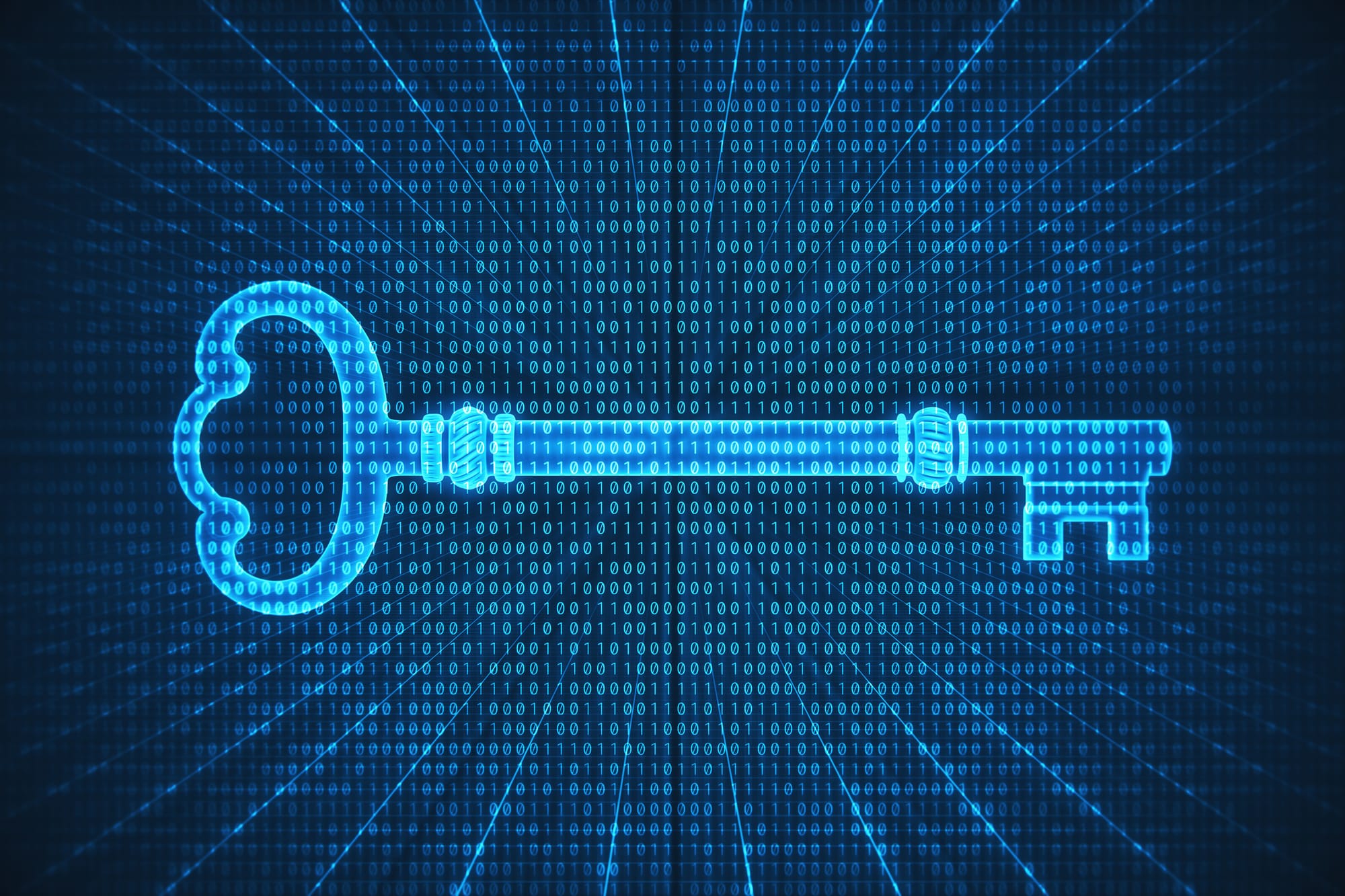
Monash cryptocurrency pioneer Dr Joseph Liu tells a story about the man who forgot his bitcoin password. The man had 1000 bitcoin, purchased when the digital currency was new and cheap (bitcoin achieved parity with the US dollar in 2011).
Then, last year, as the world knows, the value of bitcoin started to explode, reaching a peak of US$17,900 on December 15, before dropping back to a little more than US$6000 in early February. At bitcoin’s peak, the man’s speculative purchase of 1000 bitcoin was worth US$17.9 million – but he couldn’t get his hands on the money.
Dr Liu said the man’s solution was to launch a fundraising campaign “asking people to give money to him so that he can find some expert to recover the password”. If the password is recovered, investors will share some of his fortune.
They're still waiting.
Last November, Fortune magazine reported that research by the digital forensics firm Chainalysis estimated that between 17 to 23 per cent of the existing bitcoin supply – more than US$30 billion – had been lost because of forgotten passwords and other back-up problems (such as storing the password on a USB stick that becomes corrupted). Dr Liu, who is a senior lecturer at Monash University’s Faculty of Information Technology, says he doesn't consider the password dilemma to be a flaw in the system.
Read more:
- Even in the new cryptocurrency world, cash remains king
- Why Bitcoin is taken more seriously than Dogecoin
- Can blockchain transform the energy industry?
Cryptocurrencies are designed to be difficult to access.
Crypto comes from the Greek word for concealed or secret. Hcash, the cryptocurrency Dr Liu is developing at Monash with long-time collaborator Dr Allen Au from Hong Kong Polytechnic University and with funding from Collinstar Capital, has the same feature.
Online wallets provide an alternative means to recover your cryptocurrency if you forget your password. “But of course there is the matter of trust,” says Dr Liu. Virtual wallets can – and have been – hacked, and virtual storage systems can disappear.
Cryptocurrencies attract shady investors – drug dealers and money launderers who are drawn to a form of exchange that cannot be traced. They also appeal to hackers who have raided online exchanges. In January a large Japanese exchange, Coincheck, lost nearly half a billion US dollars of a cryptocurrency called NEM, which is believed to be the largest hack to have hit the industry. Ponzi schemes have also appeared promising regular cryptocurrency payments to members – for a fee – before vanishing.
Dr Liu sees parallels between the bitcoin boom and the dotcom bubble of 1997 to 2001, when the commercial potential of the internet triggered crazy speculation.
“What has remained are the good products,” he says. “So, I think the trend with blockchain is the same. You may see many blockchain systems and cryptocurrencies. Maybe many of them are not good, or are just there to make money – that’s it. But after a few years, these will be gone.”
Some big banks are researching how to replace their book-keeping practices with an online distributed ledger – a shared database that is still closed and that can be monitored by all users.
Bitcoin, the first digital cryptocurrency, was established during the Global Financial Crisis to provide an alternative currency that wasn't controlled by a central bank. All transactions are recorded in a distributed ledger system known as a blockchain. Although some central bankers, such as JP Morgan chief Jamie Dimon, have dismissed bitcoin as a fraud, blockchain technology has the potential to reform conventional banking transactions. Some big banks are researching how to replace their book-keeping practices with an online distributed ledger – a shared database that is still closed and that can be monitored by all users. The system has the potential to save time and money, while also providing more transparency.
Dr Liu says the fundamental blockchain used by Hcash could provide a secure way of storing health information online – any attempt to tamper with the information can be traced on the distributed ledger, and the data is secure. “We have applied for ARC funding for this and we are awaiting notification,” he says.
He's also collaborating with the University of Technology Sydney on developing a blockchain system that can monitor meat that is exported from Australia to China. Sensors are placed on the meat to monitor its temperature during the journey, from the farm to its destination. “Instead of posting this information to the server it goes to the blockchain so that everyone on the logistics chain can trace it,” he says.





